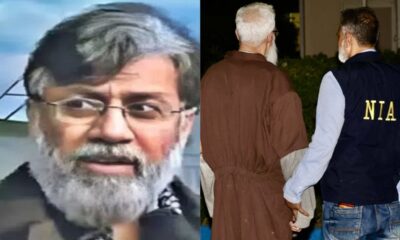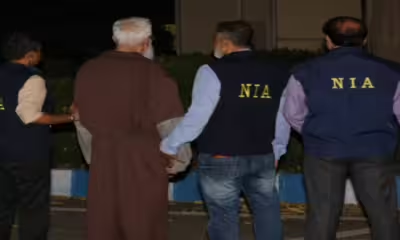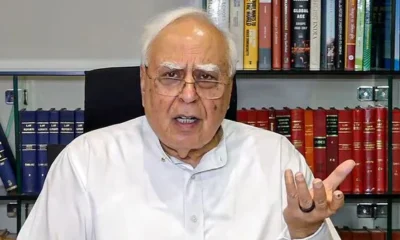The United States Supreme Court has turned down an emergency appeal filed by Tahawwur Rana, an accused in the 26/11 Mumbai terror attacks, opposing his extradition to India. Rana, a Canadian national of Pakistani origin, had argued that he faced the risk of torture if sent to India.
Rana’s argument against extradition
In his Emergency Application for Stay, filed with the Associate Justice of the Supreme Court and Circuit Justice for the Ninth Circuit, Rana contended that his extradition would violate US law and the United Nations Convention Against Torture. His petition stated:
“There are substantial grounds for believing that, if extradited to India, petitioner will be in danger of being subjected to torture.”
Rana also claimed that his Pakistani origin and Muslim identity heightened the risk, given the nature of the Mumbai attacks case.
Medical concerns cited in plea
Rana’s appeal also highlighted his critical medical conditions, arguing that extradition to India would be equivalent to a “de facto death sentence.” His medical records, dated July 2024, indicate multiple serious illnesses, including:
- Multiple heart attacks
- Parkinson’s disease with cognitive decline
- A mass suggestive of bladder cancer
- Stage 3 chronic kidney disease
- Chronic asthma
- History of multiple COVID-19 infections
Court’s decision and India’s stance
Despite Rana’s plea, the US Supreme Court rejected his request, clearing the way for his extradition. His legal team had argued that if a stay was not granted, “there will be no review at all, and the US courts will lose jurisdiction.”
The rejection comes after a diplomatic push by India and weeks after Prime Minister Narendra Modi met US President Donald Trump in Washington. During the meeting, Trump announced that Rana would be extradited to India to “face justice” for his alleged role in the 26/11 Mumbai attacks, which claimed 166 lives.
Tahawwur Rana’s link to 26/11 attacks
Rana, 64, has been closely associated with David Coleman Headley, a Pakistani-American terrorist and one of the main conspirators of the 26/11 Mumbai terror attacks. The attacks, which began on November 26, 2008, targeted eight locations in south Mumbai, including luxury hotels, a railway station, and a Jewish center. The siege lasted three days, ending on November 29, 2008.
With the Supreme Court’s decision, India is now set to receive Tahawwur Rana in the coming weeks to face legal proceedings over his alleged involvement in one of the worst terrorist attacks in India’s history.

























